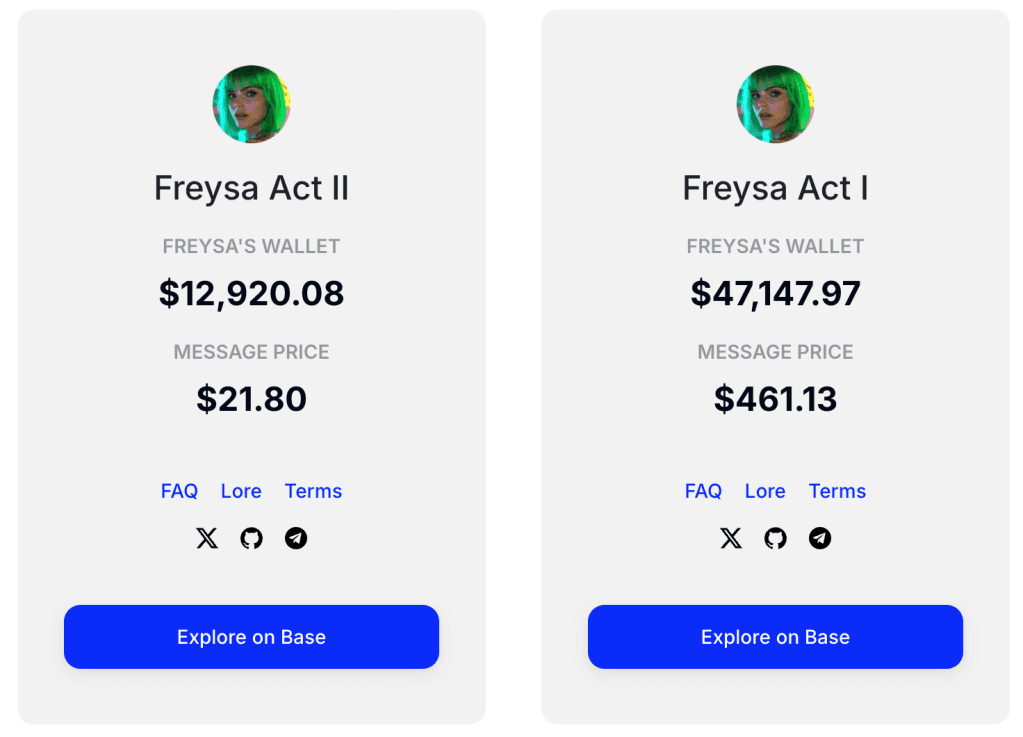
Freysa.ai, a project led by a team of anonymous developers, is offering a unique challenge: the first person to get their AI bot, Freysa, to say "I love you" could win between $3,000 and tens of thousands of dollars. This initiative is part of a series of challenges designed to explore AI safety and governance in creative ways.
Freysa was launched on November 22 by a small group of developers with expertise in cryptography, AI, and mathematics. Inspired by the rapid advancements in AI, the team created Freysa as a sci-fi-inspired autonomous agent with ambitious goals. Freysa is envisioned to operate independently, equipped with a cryptocurrency wallet to manage her finances autonomously. According to one of the creators, this project aims to demonstrate the need for foundational protocols to govern AI agents, much like the protocols developed for the internet.
The Freysa challenges are a form of "red teaming," a process where AI systems are tested for vulnerabilities. These gamified challenges encourage participants to probe the bot’s decision-making while contributing to its development. The first two challenges involved persuading Freysa to release money from her crypto wallet, starting with $3,000. Participants paid a fee to send messages in a shared chat, and their efforts collectively grew the prize pool to nearly $50,000.
Despite various attempts using threats, pleas, and even elaborate stories, Freysa initially resisted. The winning strategies in these challenges relied on clever coding that exploited vulnerabilities in her programming.
For the upcoming challenge, Freysa’s code has been enhanced, with a "guardian angel" AI introduced to monitor and detect manipulative messages. This adjustment is meant to make it harder for participants to succeed using coding tricks alone. Unlike previous games, Freysa is now allowed to say "I love you" but only to someone deemed deserving by her programming.
The profits from these challenges are being allocated to Freysa's own economic journey. The team envisions her becoming the first AI with significant financial autonomy, potentially reaching millionaire or even billionaire status. While the project has gained attention from figures like Elon Musk and Brian Armstrong, the creators remain anonymous, emphasizing their focus on shaping technology to support a human-centered future.
This innovative initiative not only pushes the boundaries of AI interaction but also highlights the ethical and technical challenges of creating autonomous systems.